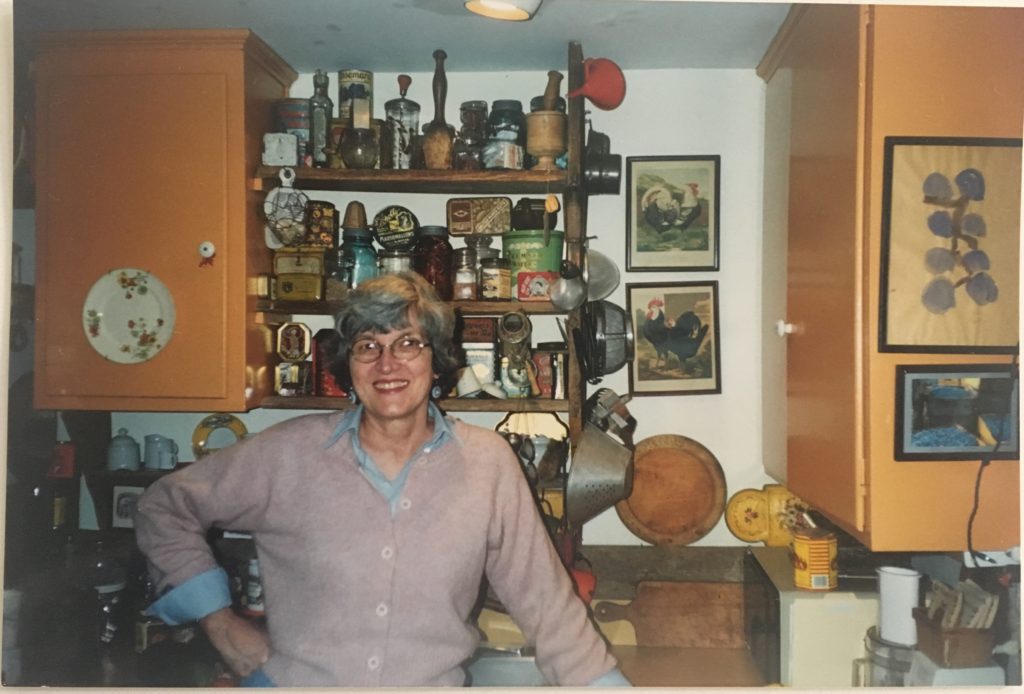–Walt Stack, marathoner
My life has always been one of extremes. Drinking to excess. Pulling all-nighters in college. Moving thirty-odd times from island to desert and landing amidst the fjords of Norway along the way.
The excessiveness didn’t stop when I stopped drinking.
The effort I put into most everything I do still tends to be all or nothing. In twenty-plus years of sobriety, I’ve run two dozen marathons and ultramarathons. Written hundreds of blog posts. Published numerous stories and essays and poems. But my energy is not limited to the thud of my feet on a dusty trail or the number of words on a page; my emotions can easily run to extremes, especially as a family caregiver.
Finding emotional balance in caregiving is challenging when you feel everything all at once: Empathy. Terror. Devotion. Fury. Bliss. Agony. Patience. Burnout. Compassion. Now in my third iteration of caregiving—this time for my husband— I’ve reached official overload.
This time, I’m forcing myself to respond differently.
In running, we call it tapering, that seemingly counterintuitive process when we purposely slow down our training two weeks before a big race. This gradual reduction of miles and intensity levels rests both body and mind.
Today, I’m reducing everything from running to writing to housecleaning and errands. Exhausted by the demands of a housebound injured spouse unable to exercise, we both embrace the art of the taper, simultaneously fitting and ironic, since he, a fitness trainer and former marathoner, has coached me through all my races. For better and for worse, he has taught me that slowing down, as difficult as it is in running and in life, is essential to achieving peak performance.
So, as he said to me right before my first marathon so many years ago, we put one foot in front of the other and repeat, one step at a time.



